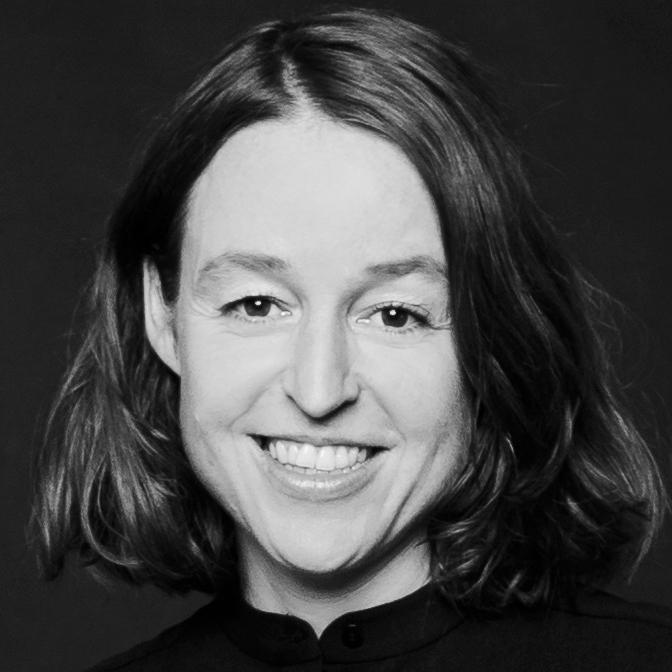Keynote Video

Anne Rohstock is a professor at the University of Tübingen’s Institute of Education. She holds an MA in Education Sciences from LMU Munich and a PhD in History from the University of Regensburg. Her work focuses on modern Europe and North America and addresses key aspects of educational history in the 20th century from a cultural historical and history of knowledge perspective. Her research topics include, among others, the profound transformation of education policy during the Cold War; the educational strategies of international organizations since the interwar period, the role of science and expert networks in education policy, and transnational learning processes, with an emphasis on the postwar era. She is co-founder of the open access journal On Education: Journal for Research and Debate and member of a research commission that engages in investigating the past of education scientists in the NS Regime.
Educational Research as Relational and Co-productive Slow Science
In my talk I will ask what educational science in general and historical educational research in particular should look like that includes as many of its ‘societal’ co-producers in its work as possible. What should a science of education look like whose concern it is to take into account many of its co-thinkers, its hybrids, the networks, circumstances, detours, techniques, and interests with which it emerges in co-production? How could an educational researcher write relying on cogitamus – we think – rather than on the discursively purifying cogito of modern science (Latour 2016)? Following Isabelle Stengers, Donna Haraway, Vinciane Despret, and Bruno Latour I will subsequently argue for a slowing down of research in the educational sciences. It takes time to establish relationships between researchers, between researchers and a broader public, but also between researchers and non-human knowledge producers. It takes time to make these relationships of educational research that is research-intertwined-with-others visible in scientific texts, to record them, and to reflexively include the non-linear back and forth of the joint work as a condition for the emergence of (scientific) knowledge (Harrasser 2018: 107). Similar to primatologists Barbara Smuts and Shirley Strum, who – excluded from the male-dominated, ‘fast’ scientific establishment – took the time to search for “suitable relationships” with primates in lengthy and small-scale work (Stengers 2018: 42, 776; Muecke 2018; Despret 2019), it could also be a matter for educational science to carefully retard its research. Such a slow science (Stengers 2018) would not be less but differently productive. By interweaving epistemology and ethics, epistemological interest and “politeness” (Despret 2005: 360) slow educational science is not only about asking better questions. It is also about getting better, more relevant answers (Solhdju, n.d.: 25).
References
- Despret, Vinciane (2005). ‚Sheep do have opinions‘, in Bruno Latour and Peter Weibel (eds.), Making Things Public: Atmosphere of Democracy. Cambridge: MIT Press, 360–368.
- Despret, Vinciane (2019). Was würden Tiere sagen, würden wir die richtigen Fragen stellen? Münster: Unrast-Verlag.
- Harrasser, Karin (2018).‚Irgendwann nie modern gewesen sein. Zur Zeitstruktur situierten Wissens‘, in Kathrin Busch, Christina Dörfling, Kathrin Peters and Ildikó Szántó (eds.), Wessen Wissen? Materialität und Situiertheit in den Künsten. Paderborn: Wilhelm Fink, 104–113.
- Latour, Bruno (2016). Cogitamus. Trans. by Bettina Engels and Nikolaus Gramm. Frankfurt am Main: Suhrkamp.
- Muecke, Stephen (2018). ‚How ‘Slow Science’ Can Improve the Way We Do and Interpret Research.’ The Conversation, January 28, 2018. Available online under: https://theconversation.com/how-slow-science-can-improve-the-way-we-do-and-interpret-research-90168 (21.2.2021)
- Solhdju, Katrin (n.d.). Öffnungen aufs Mögliche. Co-konstruktive Verwirklichungen von Steinen, Eiern, Schafen und anderen Lebewesen. Available online under: https://www.academia.edu/19861930/Öffnungen_aufs_Mögliche_- Co_konstruktive_Verwirklichungen_von_Steinen_Eiern_Scha- fen_und_anderen_Lebewesen (15.2.2021)
- Stengers, Isabelle (2018). Another Science is Possible. A Manifesto for Slow Science. Trans. by Stephen Muecke. Cambridge: Polity Press.
Important Dates ECER 2021
01.12.2020 | Submission starts |
31.01.2021 | Submission ends |
01.04.2021 | Registration starts |
01.04.2021 | Review results announced |
15.06.2021 | Early bird ends |
25.06.2021 | Presentation times announced |
01.07.2021 | Registration Deadline for Presenters |
02.09.2021 | ERC 2021, online |
06.09.2021 | ECER 2021, online |